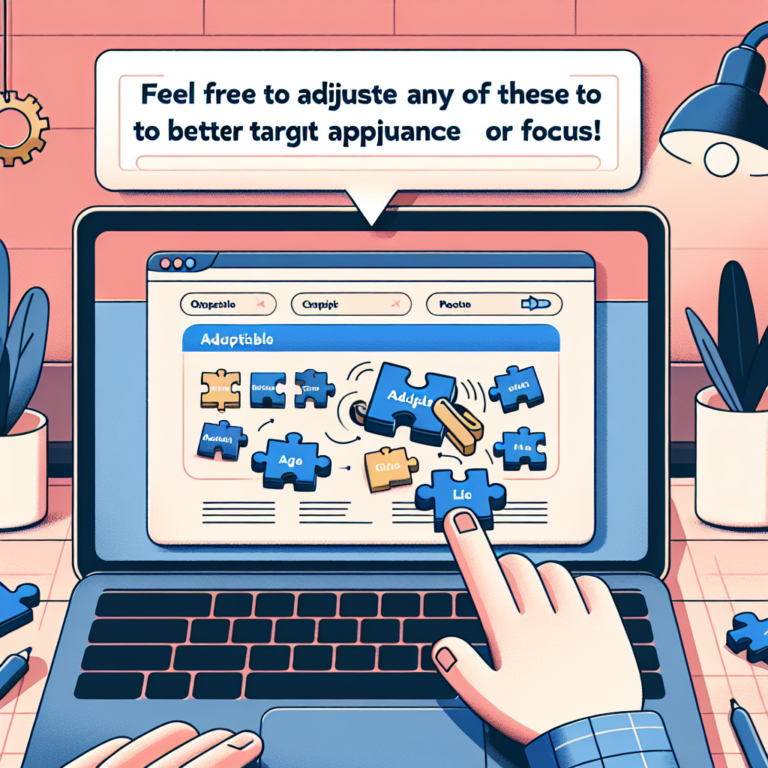
Introduction
In a world where healthcare decisions increasingly hinge on patient autonomy and informed choices, the evolution of informed consent has become paramount. This journey from a mere formality to a dynamic interaction between healthcare professionals and patients has reshaped the medical landscape, fundamentally altering how consent is understood and executed. This article aims to shed light on this fascinating evolution, illustrating its significance with case studies and practical insights. Join us as we explore how informed consent has transformed into a powerful tool that empowers patients.
The Historical Context of Informed Consent
What is Informed Consent?
Informed consent is a process that ensures patients understand the risks, benefits, and alternatives of a proposed treatment or procedure before agreeing to it. Initially, this practice was nothing more than a legal formality; however, its importance has evolved significantly over time.
Early Views: The Necessity of Consent
Historically, the idea of consent in medicine was limited. Patients were often treated as passive recipients, with doctors making decisions unilaterally. This "doctor knows best" mentality spurred ethical discussions about patient autonomy and the necessity of informed consent. Key legal cases, such as Schloendorff v. Society of New York Hospital in 1914, started to change the narrative. In this case, the court ruled that every human being of adult years and sound mind has a right to determine what shall be done with their own body, which laid the groundwork for modern principles of informed consent.
The 1960s and 1970s: The Patient Rights Movement
The civil rights movement of the 1960s catalyzed changes in various societal sectors, including healthcare. Patients began to demand a role in their own care. Organizations formed to advocate for patient rights, emphasizing the need for healthcare practitioners to provide thorough information regarding treatment options. This period marked a critical turning point in The Evolution of Informed Consent: From Formalities to Empowering Patients.
From Formalities to Empowerment
By the late 20th century, informed consent was no longer seen as a mere piece of paper; it evolved into an ongoing dialogue. Medical professionals began to recognize the importance of not only informing patients but also engaging them in shared decision-making processes.
Modern Perspectives on Informed Consent
The Role of Technology
Digital Health Records and Informed Consent
The advent of electronic health records (EHRs) has transformed how informed consent is documented and communicated. Patients can now access their medical histories, understand their conditions, and make better-informed decisions regarding their treatments. EHRs also allow for real-time updates, which enhances transparency.
Telemedicine and Consent
Telemedicine has emerged as a vital tool for ensuring informed consent in remote settings. With the rise of virtual consultations, understanding the nuances of informed consent becomes essential. Patients are now empowered to ask questions and receive real-time feedback, effectively bridging the gap between patient and provider.
Case Study: The Rise of Shared Decision-Making
The Patient-Centered Outcomes Research Institute (PCORI)
Founded in 2010, PCORI illustrates the shift toward shared decision-making. This organization funds research that helps patients and caregivers make informed choices based on the best available evidence. By prioritizing patient agency, PCORI exemplifies The Evolution of Informed Consent: From Formalities to Empowering Patients.
Analysis: This approach not only enhances patient engagement but also promotes trust between healthcare providers and patients. When patients are involved in the decision-making process, they are more likely to adhere to treatment plans.
Key Components of Modern Informed Consent
Transparency and Clarity
One of the most significant shifts in informed consent is the emphasis on transparency. Patients expect clear and comprehensible information about treatments tailored to their unique circumstances.
Cultural Competency
Healthcare providers must also be culturally competent, ensuring that they communicate effectively with patients from diverse backgrounds. Understanding cultural differences can aid in obtaining genuine informed consent, making it an inclusive process.
The Ethical Imperative
Informed consent encompasses ethical considerations that shape the provider-patient relationship. Respecting patient autonomy allows individuals to maintain control over their healthcare decisions, marking a pivotal moment in the evolution of patient engagement.
Challenges in Implementing Informed Consent
Understanding Complex Medical Terminology
One key hurdle in informed consent is the use of medical jargon. Complex terminologies can alienate patients, who may feel overwhelmed or confused. Healthcare providers must strive to use layman’s terms to ensure clarity.
The Role of Time in Informed Consent
Healthcare providers often face time constraints, leading to rushed consultations. This impedes the quality of discussions necessary for informed consent. Creating a conducive environment for such conversations is crucial.
Case Study: Patient Safety and Oversights in Communication
A notable case highlighting the challenges of informed consent occurred in a New York hospital, where a lack of thorough communication led to a surgical error. The failure to secure genuine informed consent resulted in significant legal repercussions for the healthcare providers involved.
Analysis: This emphasizes the importance of effective communication in securing informed consent, underscoring how negligence can lead to dire consequences for both patients and providers.
Future Directions: The Next Phase of Informed Consent
Artificial Intelligence and Informed Consent
As we look ahead, the integration of artificial intelligence in healthcare presents unique opportunities and challenges for informed consent. Utilizing AI to analyze patient records can facilitate personalized care, but ethical considerations around autonomy and decision-making must be addressed.
The Role of Advocacy Groups
Patient advocacy organizations are essential in shaping the landscape of informed consent. They help educate patients about their rights and instill confidence, reinforcing the shift toward empowerment in the healthcare process.
Conclusion
The Evolution of Informed Consent: From Formalities to Empowering Patients is a testament to how far the medical field has come in recognizing the importance of engaging patients in their care. Informed consent is no longer merely a legal obligation; it is an ethical imperative that fosters trust, enhances patient satisfaction, and improves health outcomes.
As we move forward, it is vital that healthcare professionals continue to embrace transparency, prioritize clear communication, and empower patients to take charge of their health. By doing so, they not only fulfill their duty of care but also contribute to creating a more inclusive and participatory healthcare landscape.
FAQs
1. What is informed consent?
Informed consent is the process by which a patient is provided with information about a medical treatment or procedure, allowing them to make an informed decision regarding their care.
2. Why is informed consent important?
Informed consent is crucial for preserving patient autonomy, ensuring patients understand their treatments, and fostering trust between patients and healthcare providers.
3. How has technology impacted informed consent?
Technology has improved access to medical information, enhanced communication through platforms like telemedicine, and streamlined the documentation of consent through electronic health records.
4. What challenges remain in achieving effective informed consent?
Challenges include the use of complex medical terminology, time constraints during consultations, and ensuring cultural competency in communication.
5. How can patients ensure their consent is genuinely informed?
Patients should feel empowered to ask questions, seek clarifications, and request information in layman’s terms to better understand their medical options and decisions.
Informed consent represents a crucial dialogue within healthcare, evolving from a formal agreement to a process of patient empowerment. By embracing this evolution, we can create a future where patients play an active role in their health and wellness.

















